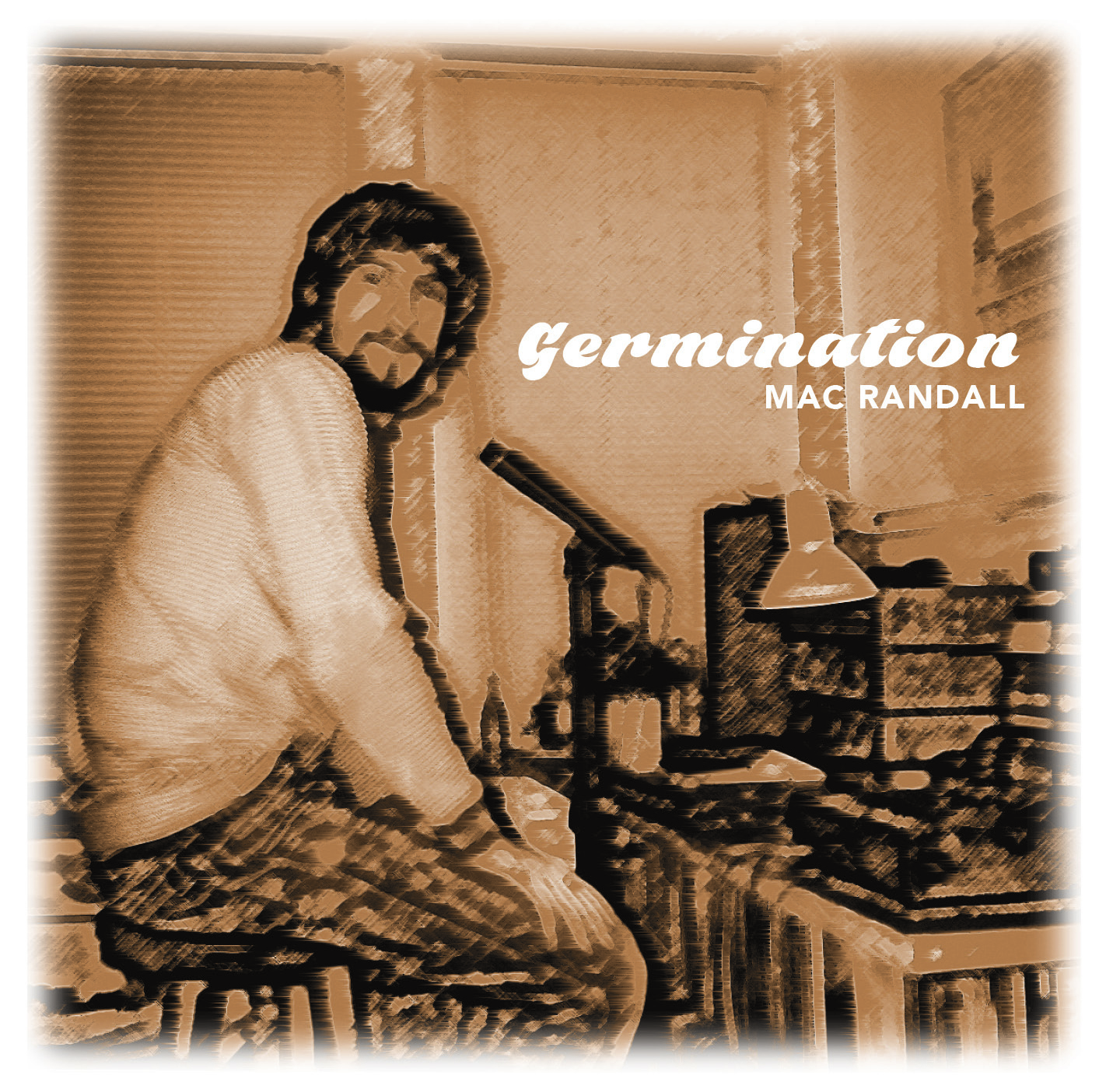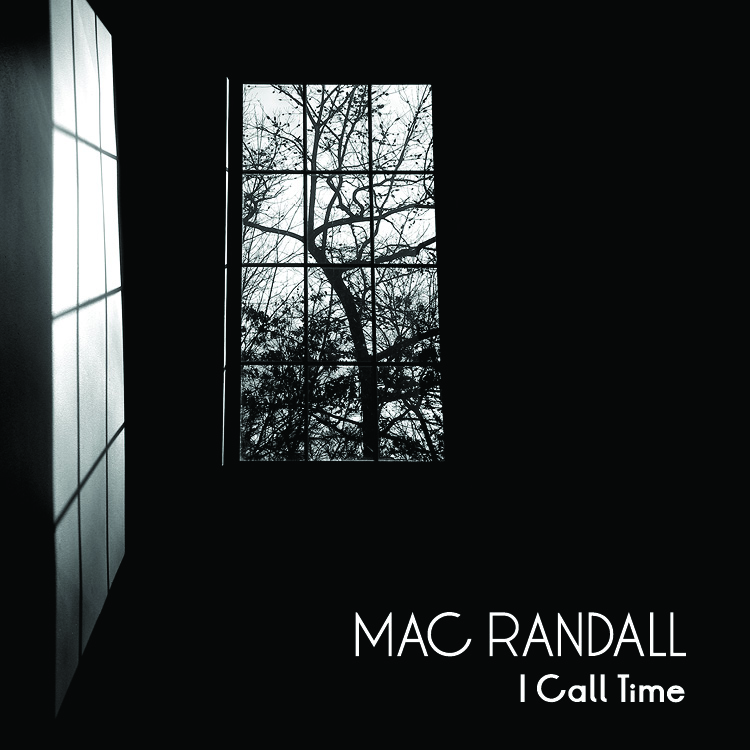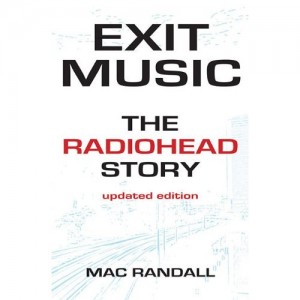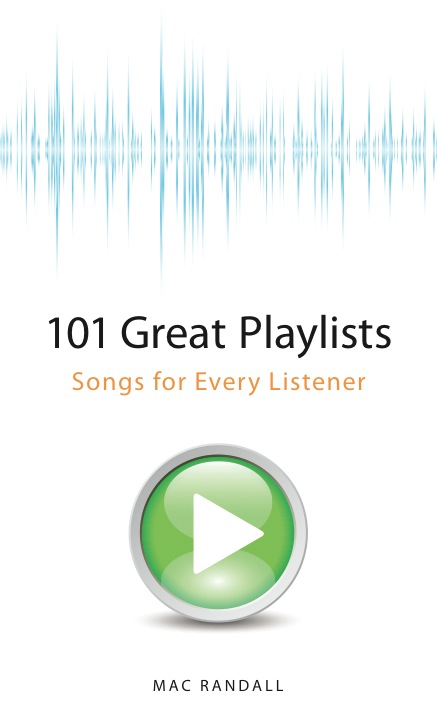The balcony is closed
I’m pretty sure I was seven years old when I first saw Roger Ebert and Gene Siskel verbally wrangling over movies on PBS’ Sneak Previews. I liked them both immediately, and I was a regular watcher of their show for years as it moved from public TV to commercial syndication. Their passion, their wit, their perceptiveness, their contentiousness defined for me early on what it meant to be a critic.
After I moved from Boston to New York and became a full-time music journalist, I didn’t follow movies quite as much and I lost touch with “the fat guy and the other one.” Then Siskel died in the late ’90s, far too soon. I watched Ebert a few times on TV subsequently, trading opinions with Richard Roeper and others, but it wasn’t the same.
Time passed, and then—I don’t quite recall how—I had the joy of rediscovering Ebert through his marvelous blog. In some ways it was like a first discovery because I’d never actually read any of his reviews before; I only knew the TV Roger. The online Roger, as I soon learned, was something else entirely. I loved the clarity of his writing and the breadth of his interests, and I admired how unflinchingly he set down the details of his long battle with cancer and other health problems. The final decade of his life was a horrendous ordeal, in which he lost his ability to eat, drink, talk, and move comfortably. And yet he just kept on doing his job, and his words just kept on getting truer and deeper. His recent memoir, Life Itself, is a beautiful book that I recommend highly.
Now, only two days after giving up his 46-year post as the Chicago Sun-Times‘ film critic, Roger has gone to meet his old friend Gene in widescreen heaven. I’m a little surprised by how deeply this saddens me. I knew he was gravely ill, but he had stared death down for so long and so inspiringly that I just assumed he’d continue to do so for many years to come. The wonderful words remain, of course, but there will be no new ones.
This news comes only a couple of weeks after the demise of The Boston Phoenix, the alternative weekly that lasted almost exactly as long as Ebert’s tenure at the Sun-Times and that published my first professional (meaning paid) record review. I’ve been meaning to write something in this blog about the Phoenix and what it meant to me as a longtime contributor and reader, and I will, but I think that deserves an entry of its own. For now, I’ll just say that the world of newspapers has a special emotional resonance for me, in part because my father (now gone nine years himself) worked as a reporter and editor on various dailies for a great deal of his life. Anything that severs a connection to that world is a reminder of what is irretrievably past. Which goes some way toward explaining why I’m so sad about Roger.






